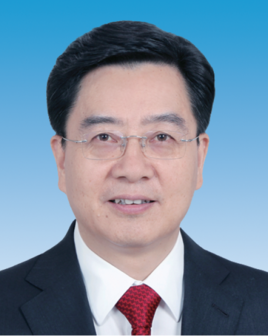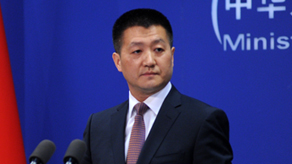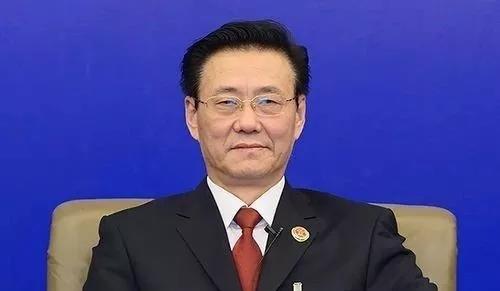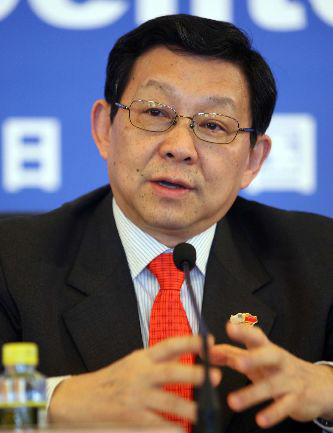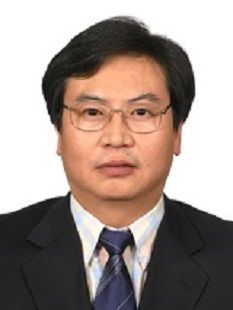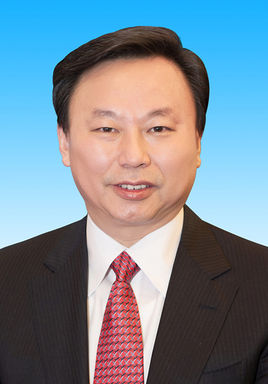On 11 June 2019, Fuyang (a prefecture of Anhui province) Party Secretary Li Ping (李平) was dismissed from the position without indication of where he was going next. On the same day, incumbent Anhui Vice Governor Yang Guangrong (杨光荣) was concurrently appointed as Fuyang Party Secretary. It is very abnormal for a provincial vice governor to take concurrent appointment as a prefecture’s party secretary. There are many occasions where a provincial CCPSC member, which also affords the vice-provincial ranking as vice governor, may take a prefectural position. For example, provincial capital party secretaries across China are all taken by provincial CCPSC members, while some other prefectures with economic importance or political significance (such as Yan’an and Zunyi, the two cities significant in CCP history) may also be headed by provincial CCPSC members. Yet, having a provincial vice governor taking concurrent appointment as a prefecture’s party secretary is extremely rare, primarily because the vice governor him/herself already has a full plate (each one of the vice governors of a province has a portfolio to cover). Therefore, Yang Guangrong’s concurrent appointment to Fuyang is most certainly not an elevation of Fuyang’s status—it is because Fuyang under former party secretary Li Ping’s watch caused huge problems. It was quickly confirmed on 12 June 2019 that Fuyang is indeed in trouble—according to Anhui Daily published on that date, an Anhui CCP Committee Warning Conference (安徽省委警示教育座谈会) was convened on 11 June 2019 where Anhui Party Secretary Li Jinbin (李锦斌) addressed the local officials in Fuyang, along with five other provincial leaders attending the conference. Fuyang is being charged of formalism and bureaucratism. According to the report of a central inspection group that inspected Fuyang in 2018, the prefectural government spent funds that were supposed to be dedicated to poverty alleviation to paint the walls in rural area to make villages look fancier and “seemingly” out of poverty. A single township spent CNY 3.9 million in 2018 to paint the walls, while nepotism was also identified in such process and most of the wall paints did not even meet quality standard. According to official document, some walls were painted four times in a single year. As much as CNY 600,000 of poverty alleviation funds were spent by the government to film a documentary that demonstrates the “good work” of local government. At the same time, the prefectural government launched a demolition campaign in 2018, in which thousands of houses in rural areas were demolished, leaving villagers nowhere to live. The books that were supposed to keep track of distribution of poverty alleviation funds to individual families were also fabricated, while many illiterate households had their books signed by village officials without actually receiving the money. To be clear—this is not going to be a one-off issue only found in Anhui—with a hard deadline to pull everyone out of poverty by 2020, local officials have been hard charged to at least get the numbers right on paper. This means that some local villagers who are out of poverty on paper may still live under the poverty line, while some businessmen may simply take advantage of local government’s rush and exploit the poverty alleviation funds for their own profit. Tianjin and Henan already held similar warning meetings on formalism and bureaucratism in poverty alleviation on 21 June 2019. Anhui’s incident is particularly alarming, although not really picked up by international media covering China, who as always focus on the “tigers”—while the names and numbers of tigers are indeed astonishing, they are quite remote to the daily life of ordinary Chinese. What happened in Anhui intrudes into the daily life of ordinary people and is hence taken very seriously by the top leadership.
